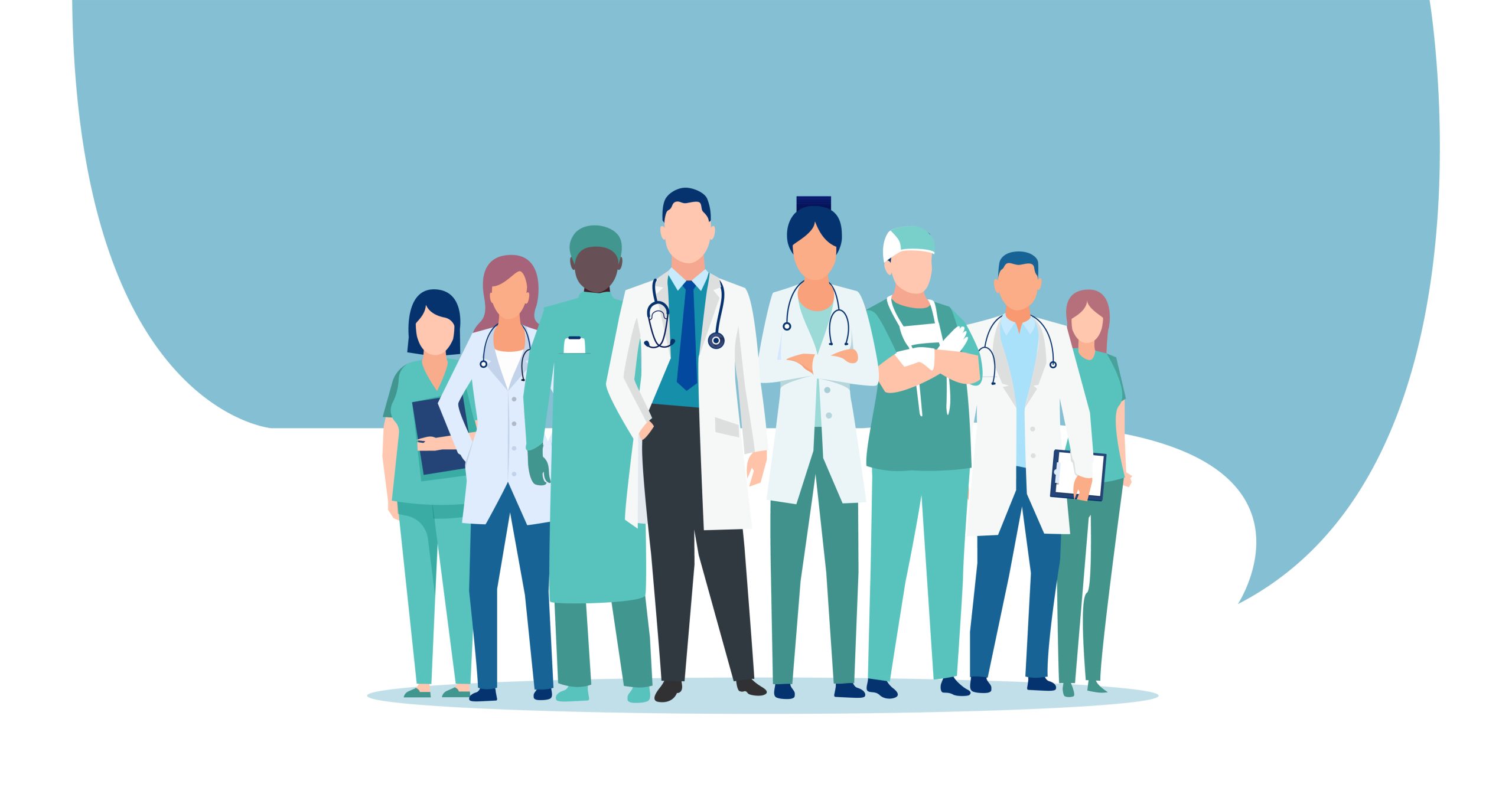The recent bill passed by the Iowa GOP in the special legislative session has brought the issue of abortion access to the forefront. Although that law is now blocked by court injunction, limiting access to safe abortions has many consequences, including increases in pregnancy related deaths. Other consequences to consider include poverty, unemployment, family well-being and child development.
The majority of women undergoing abortions are already mothers. Parents denied abortions are more likely to be single parents, live in poverty, and receive public assistance. Being denied an abortion increases poverty-related burdens for parents and is associated with lower academic success and employment. This can perpetuate negative health and achievement outcomes between generations; I have seen this play out many times in nearly 30 years as a family medicine physician. It is heart-wrenching to try to help these families who face so many obstacles.
Many women seeking an abortion do so for partner related reasons, the most worrisome being having an abusive partner. Women turned away from getting an abortion are more likely to stay in contact with a violent partner. Physical violence from the man involved in the pregnancy decreased for women who received abortions but not for the women who were denied abortions and gave birth. Gun trauma and homicide is a very common cause of death in pregnant women in a violent relationship. Gun violence and deaths are traumatic for all of those exposed, even the healthcare team. The number of gun deaths in this situation is devastating and something I hope to impact in my gun safety efforts.
Denying access to abortion affects not only parents, but the children in the family born both before and after the inability to obtain an abortion. Many people seeking abortions report that one of their reasons for seeking an abortion is that a new child would negatively affect their ability to care for their current children. Research has shown more restrictive abortion policies at the state level are associated with poorer infant and child well-being across health, poverty and academic outcomes.
Children in families experiencing poverty-related stress are more likely to suffer from physical illnesses and injuries, and more than doubles a child’s risk of developing mental health problems.
The Turnaway Study is the most exhaustive study on the impact of abortion to date. The study recruited participants in 21 U.S. states between 2008 and 2010, following them for five years. The study found that when a parent was denied an abortion, there were negative developmental repercussions for all the children in the family.
The benefits of abortion access for the woman seeking care extend to her family and any children. As abortion access is limited, the consequences expand as people denied abortions and their families are more likely to experience negative economic, social and health effects. The impacts of limited abortion access are worse for those that experience discrimination, such as poor and racialized people, increasing financial and achievement inequities.
Pregnant people are experts on their own situation and take into account their own needs, the needs of their partner, existing children, and the potential child in their decision making process. Access to safe abortion services is an essential public health tool to promote the well-being of parents, their families and society. Restricting reproductive healthcare access will have downstream effects that family physicians grapple with daily.







